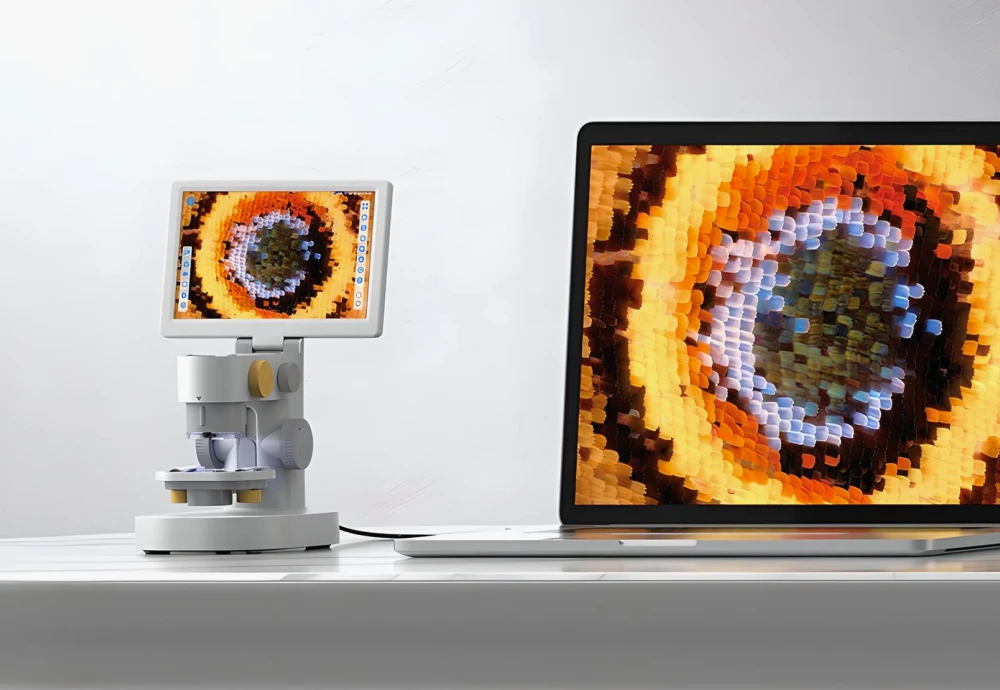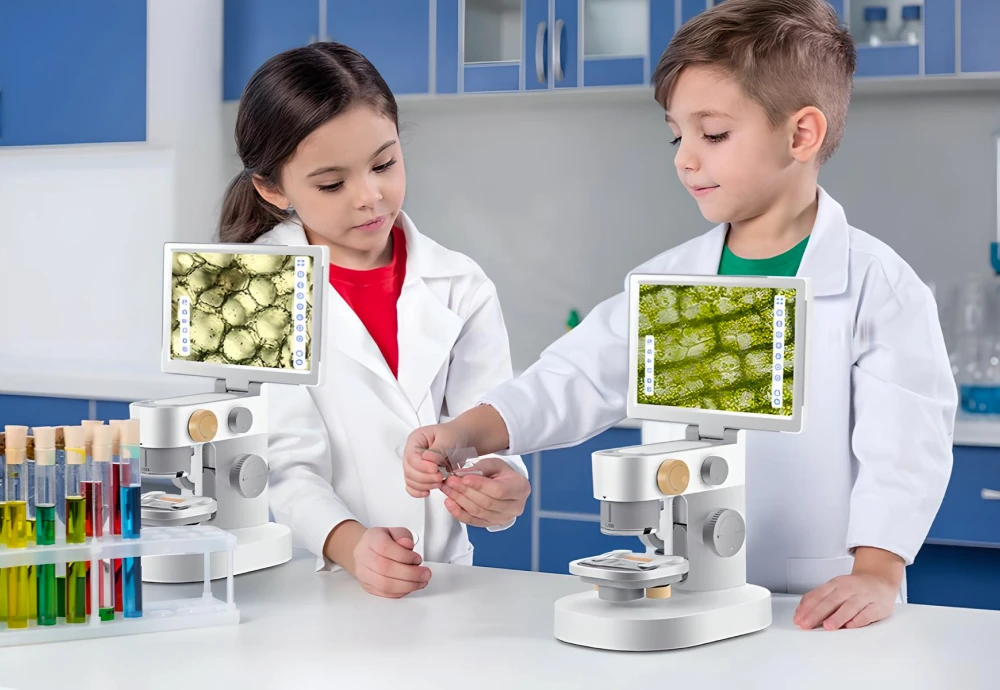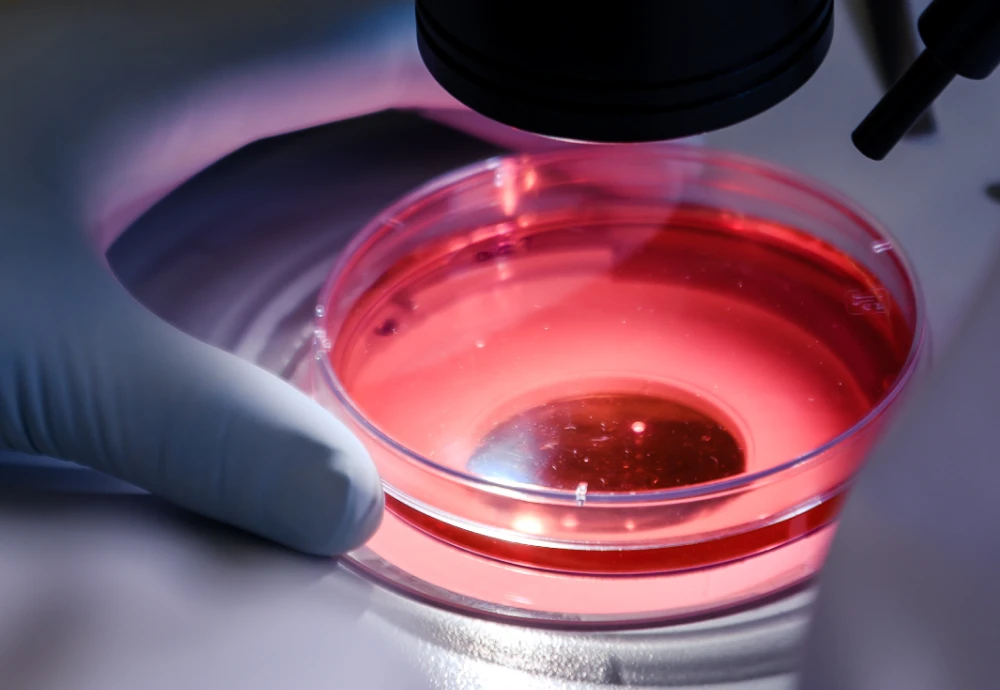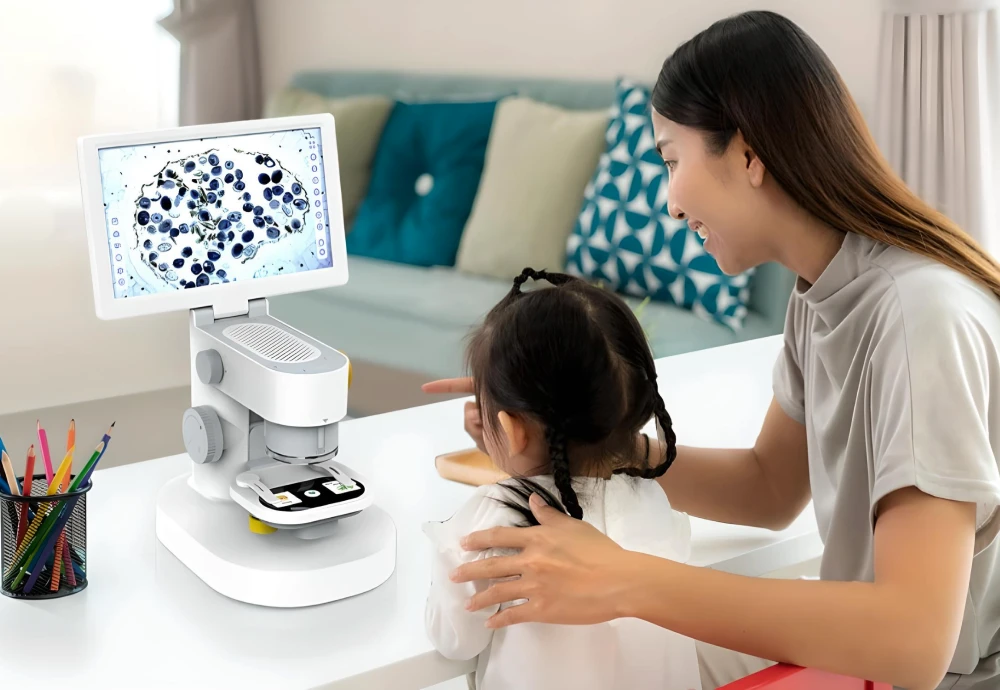Demystifying the Functioning of Digital Microscopy: How Does a Digital Microscope Work?

The world of magnification has seen significant advancements over the years, with digital microscopes becoming an integral part of various fields, including education, research and manufacturing. But one question that often arises is – how does a digital microscope work?
Understanding The Basics: The Working Principle Of A Digital Microscope

A digital microscope operates on principles similar to traditional optical microscopes but takes it several notches higher by incorporating advanced technology. It uses optics and a charge-coupled device (CCD) camera to project an image onto a monitor or screen instead of having to look through an eyepiece.
Magnification And Resolution: How Does A Digital Microscope Work To Provide Clear Images?
Digital microscopes like Silka’s 1200X Touchscreen model, offer high-resolution images at different magnifications due to their triple camera system. They provide clearer details compared to conventional models because they can adjust focus easily via touchscreen controls.
Anatomy Of A Modern Device: Components That Make Up Your Digital Microscope

The key components include LEDs for illumination, zoom lenses for magnification control, CCD or CMOS sensors for capturing images/videos and software applications that allow you measure sizes/distances within your sample or even annotate your findings directly on captured images.
From Capture To Display: How Does A Digital Microscope Work In Image Processing?
Digital microscopes convert optical images into electronic signals using a CCD or CMOS sensor. These signals are then processed by software to enhance image quality and clarity. The Silka’s 1200X Touchscreen Digital Microscope, for instance, offers real-time imaging with its triple camera system, providing crisp and clear visuals on its HD display.
The Power Of Software: Enhancing Your Experience With A Digital Microscope
One of the key features that differentiate digital microscopes from traditional ones is their use of software applications. These can help in capturing still images or videos, measuring objects within the sample, annotating observations directly onto captured images and even sharing findings online – all contributing towards an enhanced user experience.
Tips For Effective Use And Maintenance Of Your Digital Microscope
To ensure you get optimum performance from your digital microscope, it’s important to keep the lens clean, avoid touching them with bare hands as oils can cause damage over time; update software regularly; store in dust-free area when not in use; handle gently to prevent any physical damage.
In understanding how does a digital microscope work, it becomes evident that these devices offer numerous benefits such as ease-of-use due to touchscreen controls like those found in Silka’s 1200X model; high-resolution imaging capabilities thanks to advanced sensors and cameras; versatility stemming from various magnification levels offered; convenience brought about by portability among others.
Embracing the use of digital microscopes can revolutionize your exploration of the microscopic world, whether you’re a student, researcher or hobbyist. So why not take the plunge and discover what these amazing devices have to offer?
Staying Ahead: Latest Trends in Digital Microscopy
The realm of digital microscopy is constantly evolving, with new trends emerging to enhance user experience and efficiency. One such trend is the integration of artificial intelligence (AI) into microscopes AI can automate image analysis, which saves time and improves accuracy.
Enhanced Connectivity: The Role of Cloud Computing in Digital Microscopy
Cloud computing has also found its way into digital microscopy, allowing for remote access to microscope data from anywhere at any time. This feature enhances collaboration among researchers or students who are working on a shared project but located in different places.
Incorporating Virtual Reality: A New Dimension In Viewing Samples
The use of virtual reality (VR) technology is another exciting development in the field of digital microscopy. VR can provide a 3D perspective on samples, offering an immersive viewing experience that goes beyond what traditional 2D imaging can offer.
Digital Microscope Use Across Various Fields
Digital microscopes like Silka’s 1200X Touchscreen model, have wide-ranging applications across various fields including education where they’re used as teaching aids; scientific research where they aid discovery by providing high-resolution images; manufacturing industry for quality control purposes; medical field for detailed examination of patient samples among others.
Your Next Step Into The World Of Magnification

If you’ve been wondering “how does a digital microscope work?” now you know! Not only do these devices provide superior magnification capabilities compared to their traditional counterparts, but they also come packed with numerous features designed to make your microscopic exploration easy and enjoyable. The Silka’s 1200X Touchscreen Digital Microscope is a great choice if you’re considering stepping into the world of digital microscopy.
The journey to discovering the minute details of our universe begins with one small step – getting your own digital microscope. So, what are you waiting for? Start exploring today!



















Leave a comment